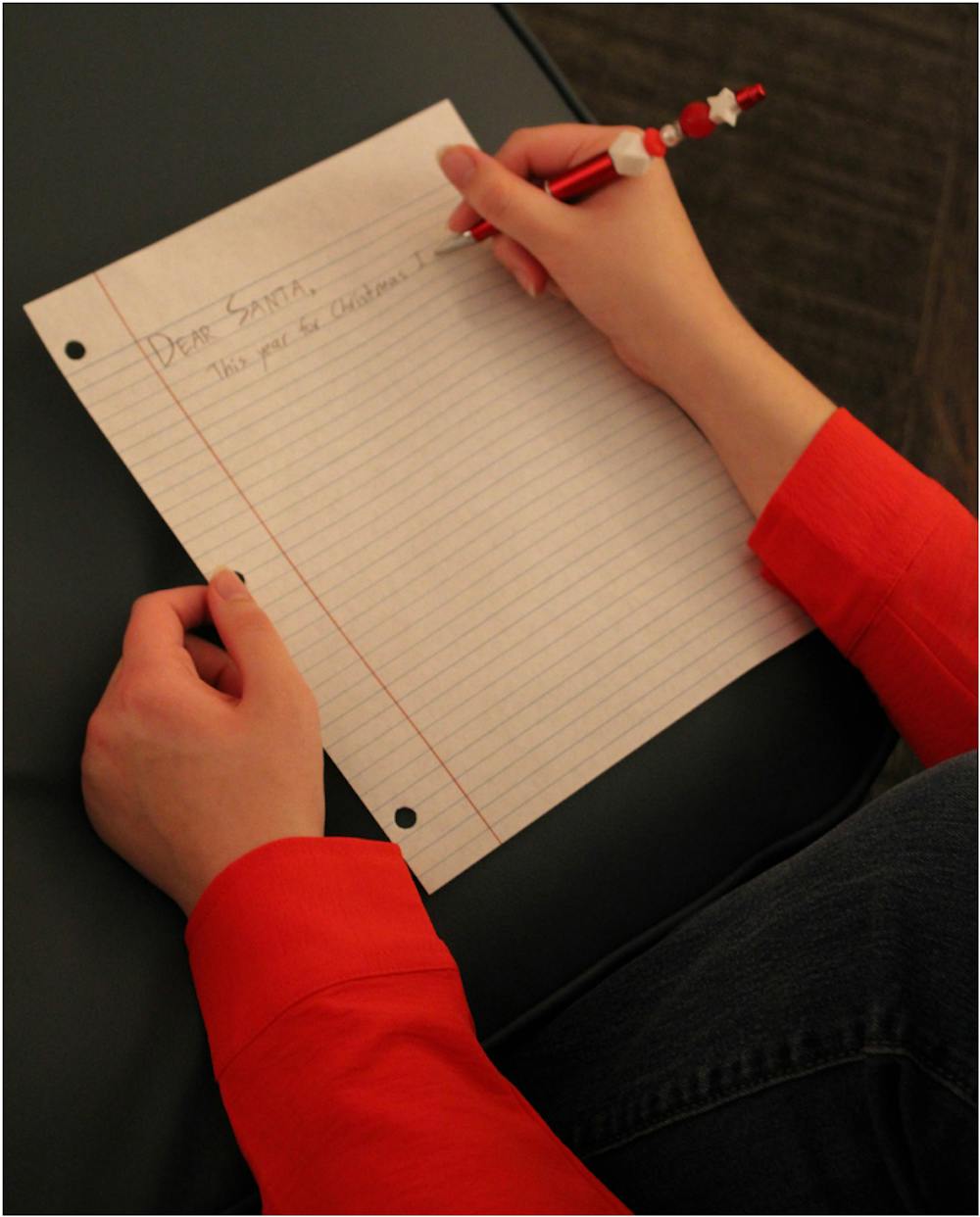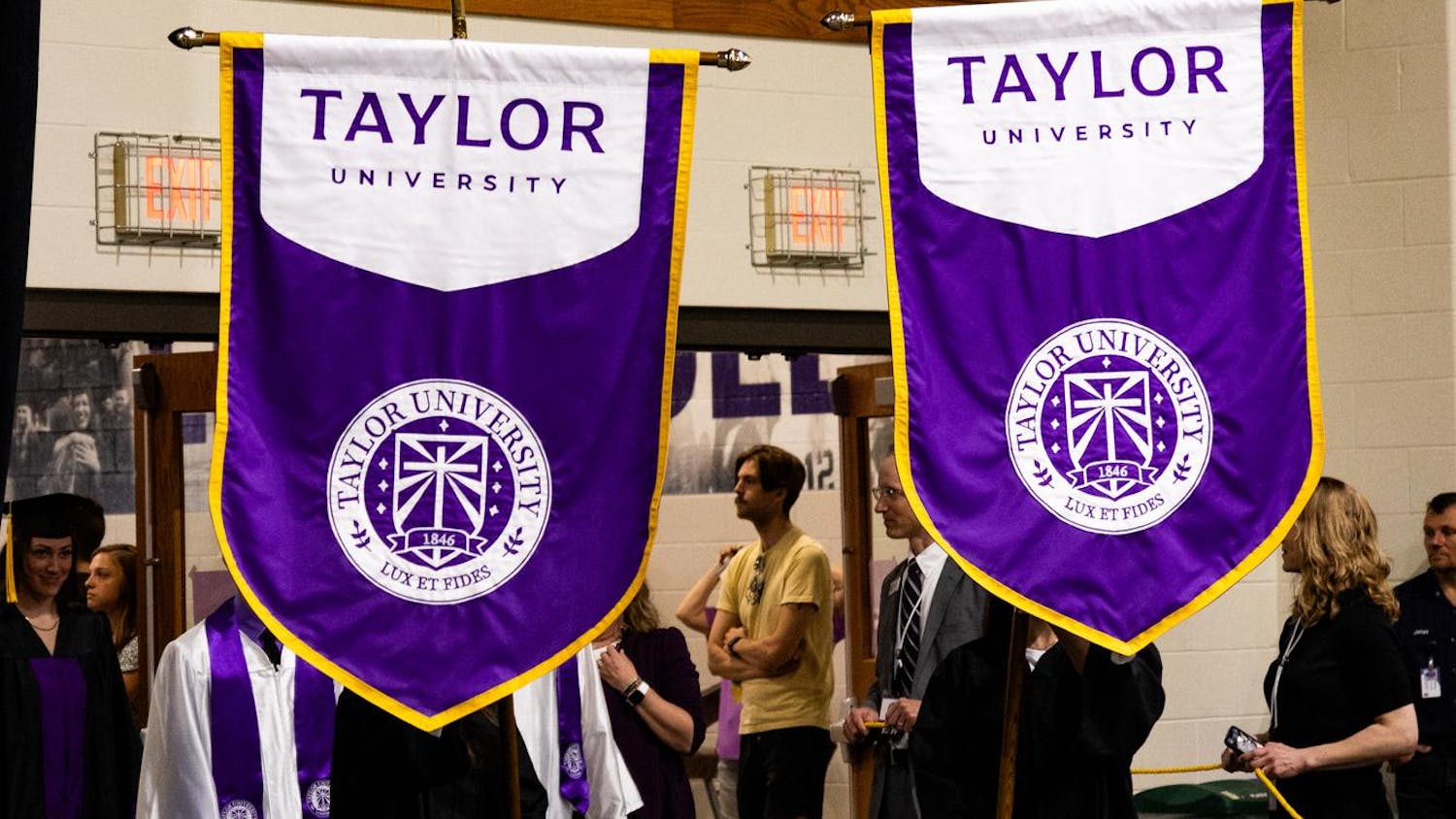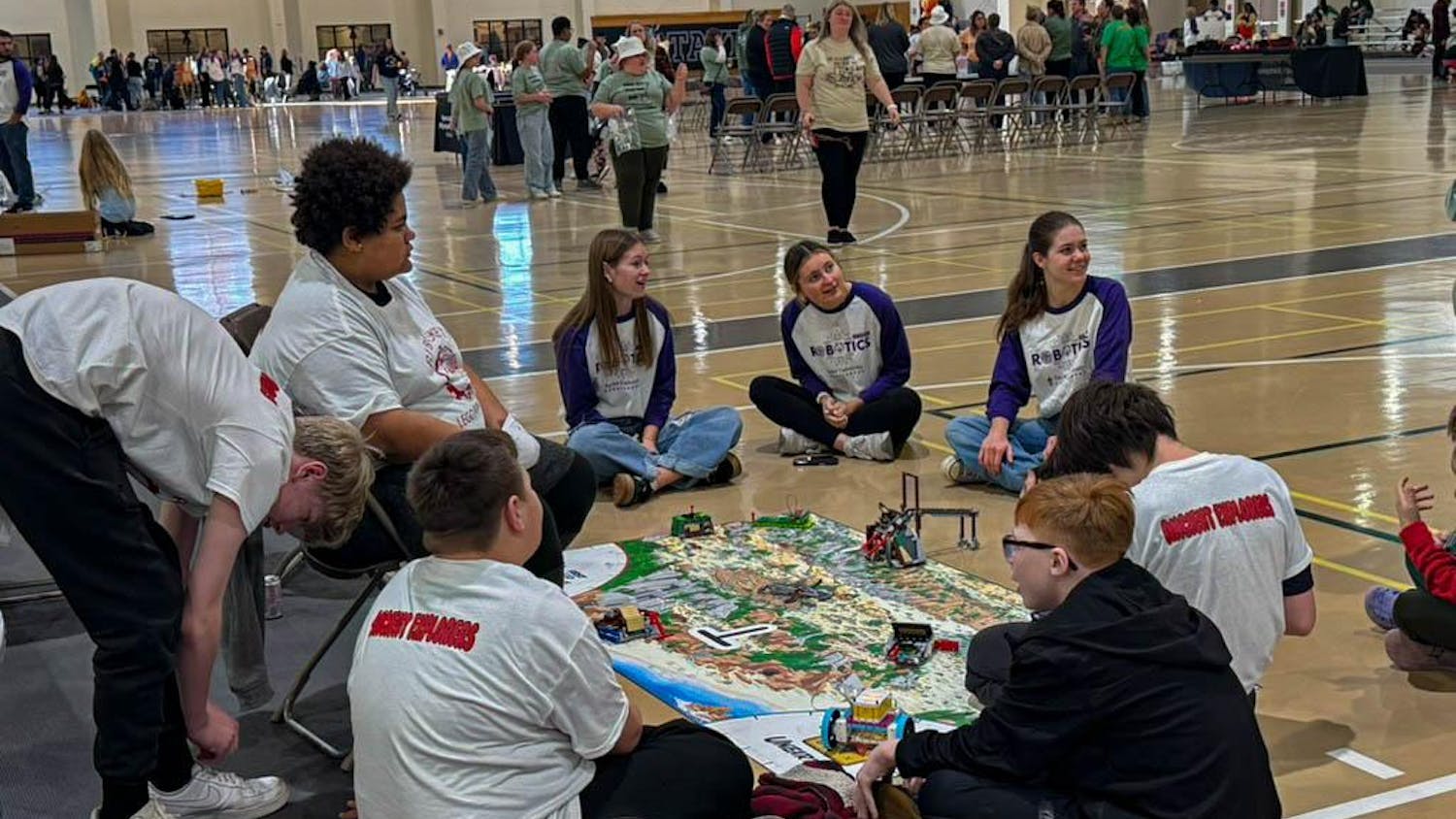Hopefully, everyone is brushing their teeth.
Brushing teeth is a morning and evening ritual that both encourages good hygiene and prepares our minds for sleep. However, repeating traditions, rituals and prayers can go deeper than just removing plaque from our teeth.
Liturgy comes from the greek word “leitourgia,” which refers to a service, Michael Severe, director of Christian ministries and chair of master of arts in ministry, said. In church services, we are worshiping and serving an audience of One.
Senior Natalie Staritz, a sustainable development major, said every church has a liturgy, whether they are aware of it or not. Everyone has an expected way or order of conducting a service, and it can be a reminder. Liturgies are a way to bring our focus back to the Lord and be worshipful in everything.
“Every moment of our life is special and sacred,” Staritz said. “There’s an opportunity all the time to glorify Him in that. When we recognize that, that kind of refocuses us back onto Him and the meaning of life worshiping Him.”
“Every Moment Holy,” by Douglas McKelvey, is a book of modern liturgies for specific moments. Each one points the reader back to God in moments of sorrow, joy, anxiety or peace.
Routine or rhythms can be practice for more difficulties times. Reading the Bible when it is easy helps us continue this pattern when it is hard, Staritz said. It is easier to travel along a road we have traveled before.
“I think liturgies and rituals can ground us,” Severe said. “We can't rely on them solely. They don't save us. They don't bring some spiritual grace or benefit. But in moments of trial and difficulty, in periods of waiting, in hopelessness, I think liturgies give us a way forward.”
Liturgies can give us words when we have none, Severe said.
For ages, Jesus has been giving us patterns and liturgies to remind us of Him and what He has done for us. The Israelites celebrated passover, reminding themselves that God brought them out of Egypt and into the promised land.
Through generations, we pass down traditions to remind ourselves of our history.
“Traditions are also something more than presents to look forward to and pass down,” Staritz said. “And they can be even passed down through generations. That's something so cool and special, at least to me — knowing that your ancestors have done this.”
While liturgies, rituals, or meaningful symbols can help ground us, they should not tie us down. We must not be so invested or dependent on them that we worship the symbol instead of God. These things are a way to point us back to our creator — a way to recenter ourselves.
Often, during Christmas, families and churches gather together around traditions and liturgies.
Telling the story of Jesus’ birth is a liturgy. Gathering around a warm meal as a family is a liturgy. Lighting candles and singing hymns as a church during advent is a liturgy. Each one points the participants back to Christ.
At one of Severe’s former churches, his pastor waited to light the Christmas lights during advent. The congregation only sang Christmas songs in minor keys. Severe said this built expectancy as people dwelled in somber hymns.
“Waiting to sing ‘Joy to the World’ on Christmas morning service makes it so much sweeter and louder and meaningful if we’ve gone through a season of waiting like all of our brothers and sisters have gone before us,” Severe said. “Especially waiting for the Messiah to come.”




